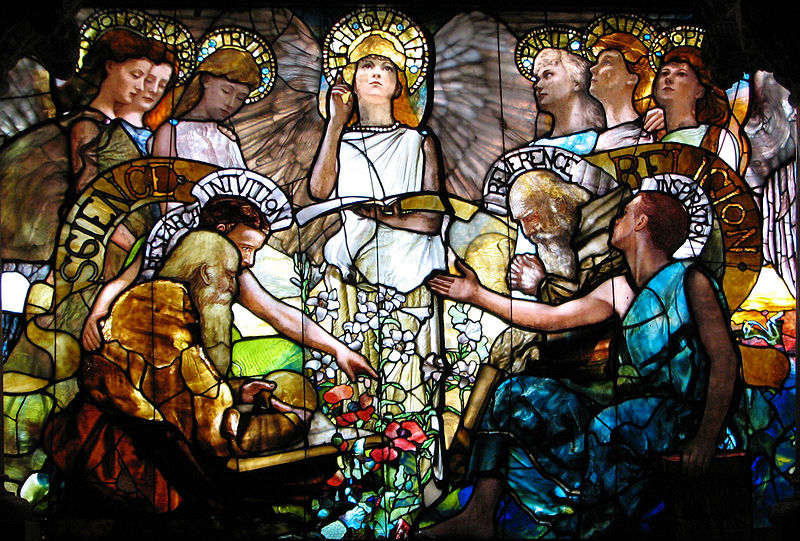Conjectures and Assertions

Science and religion often seem irreconcilable; yet ironically they share a common faith. Along with artists, social activists and others, they put their faith in the same entity: closed-minded thinking to sanction shared views. Thanks to this unsubstantiated restriction, few people challenge standardized ideas, events and actions.
In Conjectures and Refutations (http://cla.calpoly.edu/~fotoole/321.1/popper.html), Sir Karl Popper makes a counterintuitive claim. He writes of how beliefs that seek only evidence to support what they claim are misguided. Popper points out that whenever people become convinced of something they tend to see “confirming instances everywhere”. The world is perceived to be full of verifications of the theory. Whatever happens always endorses it. Popper does not question whether or not a particular claim is reasonable or acceptable; but he wants it put to the test of possible refutation, rather than simple self-confirming reinforcement. To do this, organizations would encourage followers to cultivate independent creative imaginations. A Popperian gathering would be full of conjectures that would enjoy dialogue and contradiction; not seeking to create the last word on a subject.
An assembly of conjecturers would avoid what Popper calls “impressive and all-explanatory theories” that pose as unquestionable revelations. Of course, Popper’s ideas are controversial and many writers have attempted to refute his theory of refutation. My oversimplified references to him do not tackle his most influential and contentious concepts. What matters, however is that his central notion enhances the importance of inquisitive minds, and creative attitudes. Inquisitiveness and creativity are seldom encouraged in formal organizations; yet it is only in searching beyond established suppositions that we can press forward.
Part of the trouble for Popper is that truth-seekers timidly depend upon established methodologies to confirm their points. He criticizes the practice of accepting too much as unproblematic, and rejects established reiterations. Popper asserts that observations and analyses should serve not to confirm but to test assumptions and affirmations. Accumulated details should not be used to sanction proof, because “Induction makes theories only probable rather than certain”. Also inflexible academic labels and disciplines ignore ramifications: economists neglect effects on environments; theology ignores psychology; researchers often do not question the uses of their findings. Popper insists that no field of activity can depend upon verification for progress; only inquisitive creative imagination gets the job done. Albert Einstein too said, “To raise new questions, new possibilities, to regard old problems from a new angle, requires creative imagination and marks real advance….”
It is not academic conformity, but innovative problem solving that creates Eureka! moments for scientists, artist, activists and spiritual inquirers alike. For Popper all data and attendant belief systems should relentlessly practice evolutionary developments; no part of knowledge can ever become a static certainty. When Popper published a set of essays to reflect what preoccupied him most during the last 25 years of his life he entitled it All Life is Problem Solving.
With honest reservations and unflinching dialogues we can become more willing to scrutinize the limits of what we know, and quit proclaiming convictions as fact. Refutation and uncertainty does not mean to ditch all that we believe and swap one thing for another. It simply encourages us to question official stories enough to review and possibly revise their identifying characteristics, because as the epic theologian Søren Kierkegaard proclaimed, “What labels me, negates me”.
